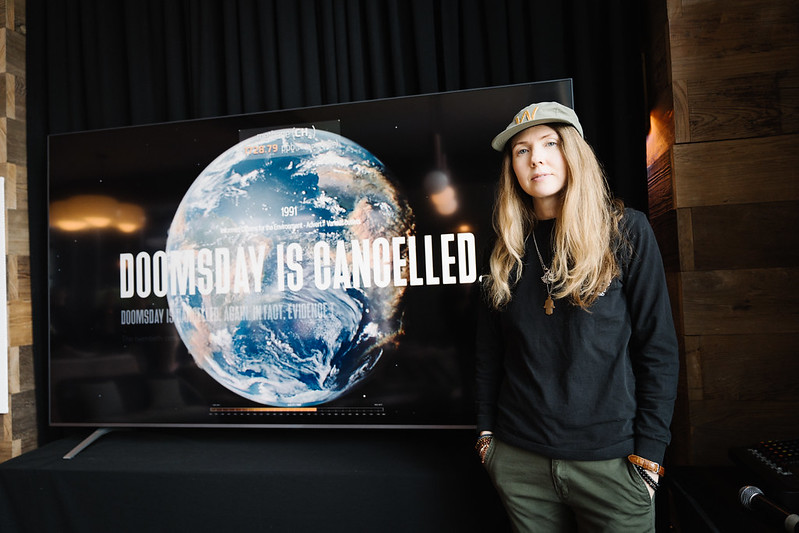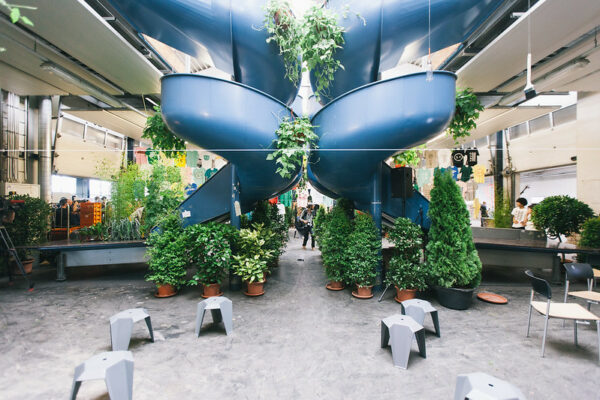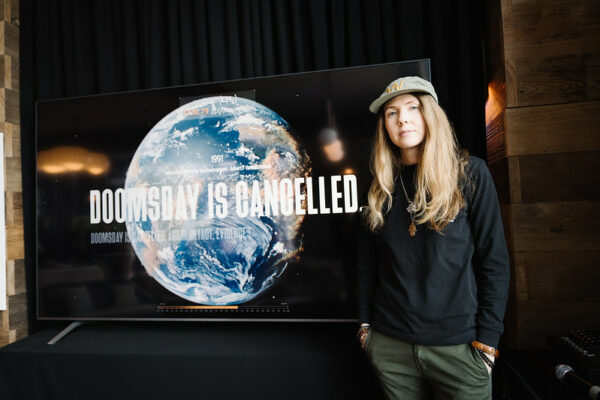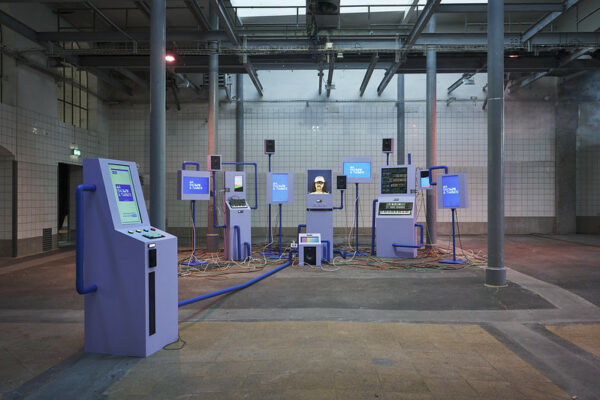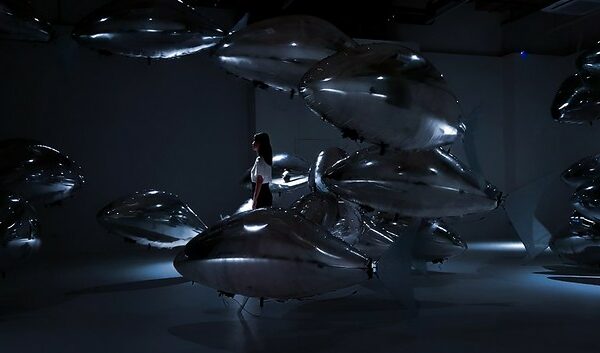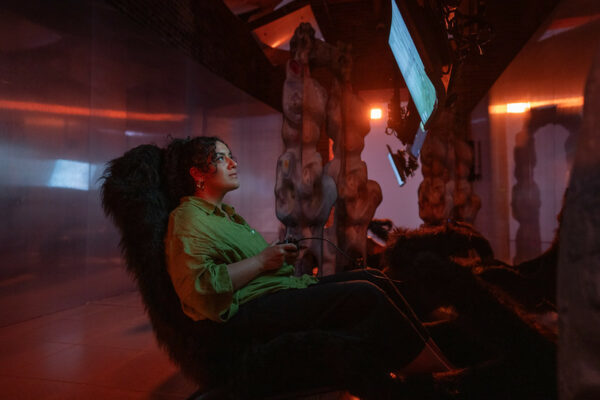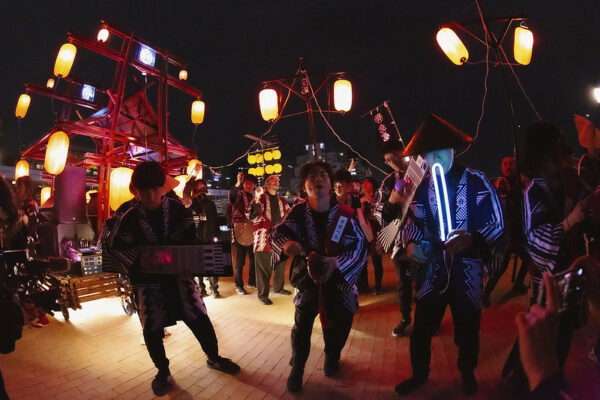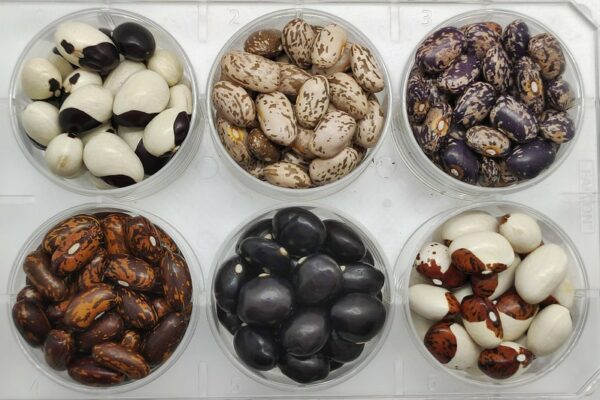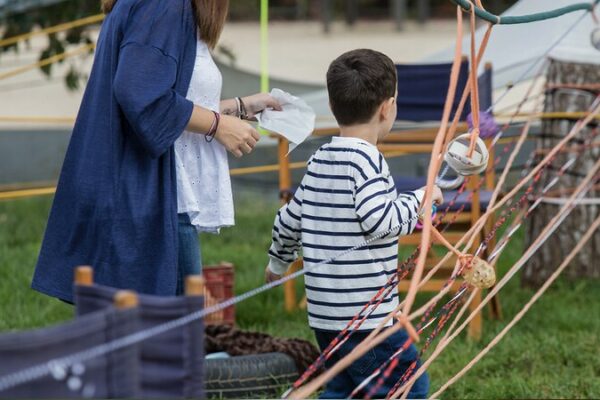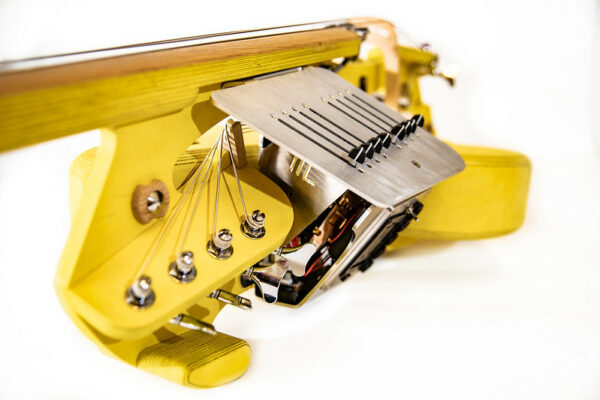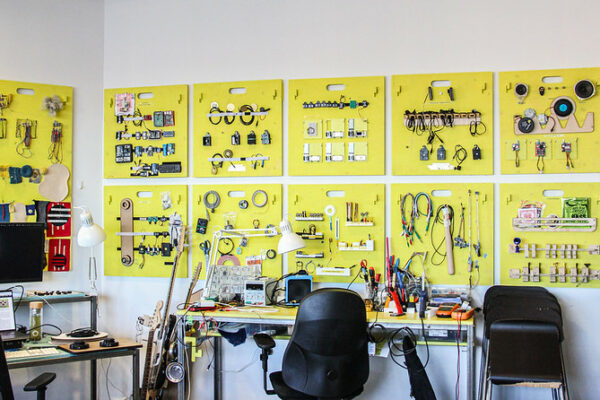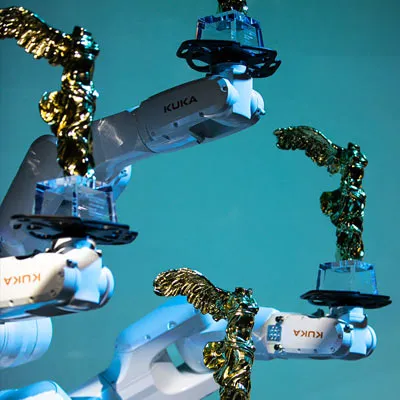One of the highlights of the IMPETUS calendar is the Ars Electronica Science and Arts Festival, where artists, researchers, developers, activists, and entrepreneurs from all over the world come together in Linz, Austria, to celebrate how innovation and research can intertwine for the betterment of society.
This year, the festival theme is HOPE—who will turn the tide.
Optimism is not the belief that things will somehow work out but rather the confidence in our ability to influence and bring about improvement. And that perhaps best describes the essence of the principle of hope, not as a passive position but as an active force that motivates us to keep going despite adversity.
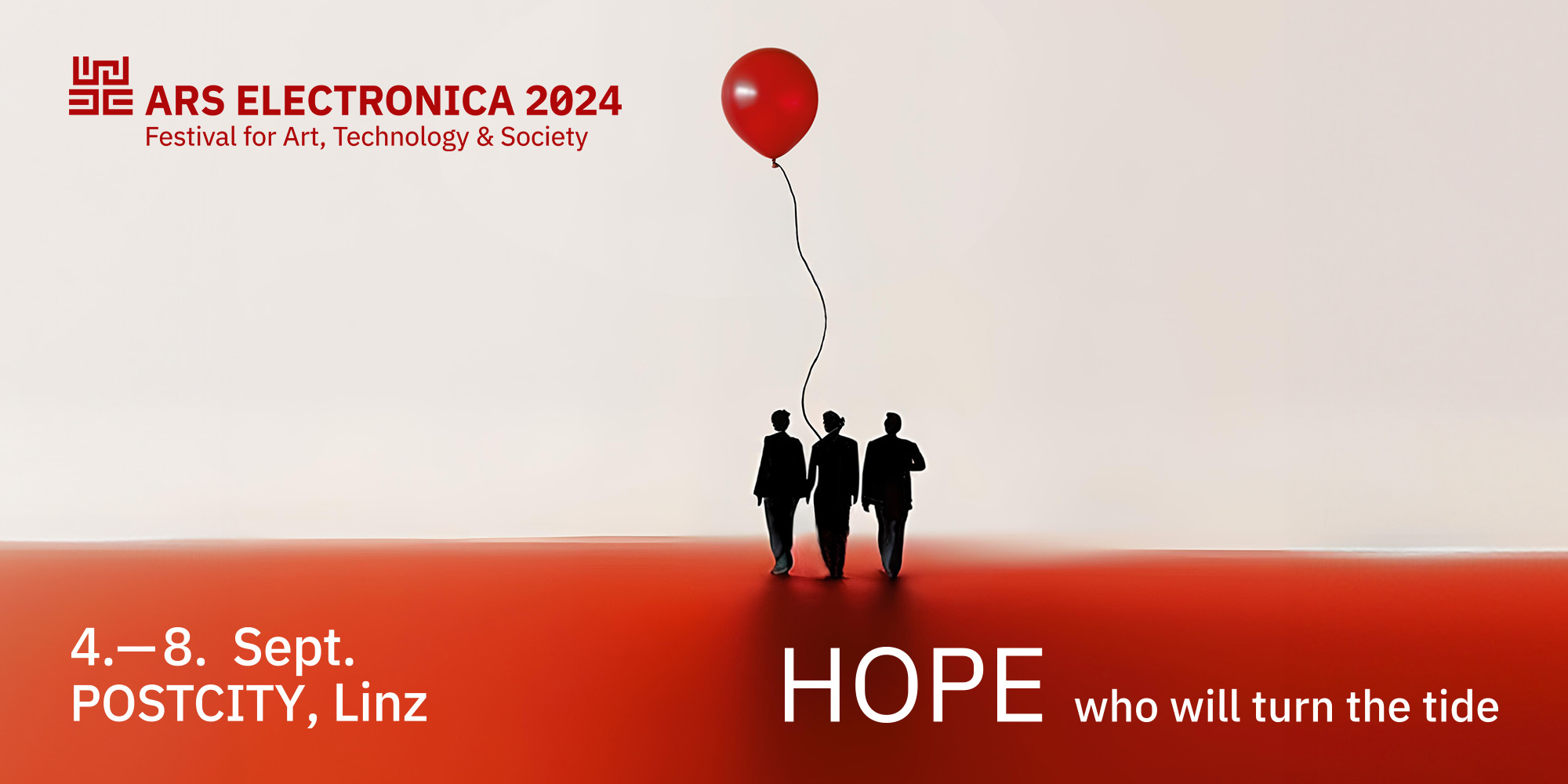
Hosted for the final time at POSTCITY, a repurposed postal sorting office, these catacombs will become the primary home for the festival activities and a hotspot for the international media art scene for the seventh year.
The festival is a treat for all the senses, with multi-media exhibitions, workshops, talks, and concerts showcasing groundbreaking research and science in a way that considers the current and future societal issues communities face worldwide. These include Masharu’s Compost as Superfood project, the “Realities in Transition” exhibition on Virtual & Extended Reality, and performances from the Cello Octet Amsterdam encased in a cocoon of robotic arms designed by visual artist Nick Verstand and Dennis Russell Davies and his Brno Philharmonic Orchestra— with the Mishima Concerto by Philip Glass and Maki Namekawa.
Alongside this, an area of POSTCITY will be dedicated to promoting the power of citizen science in aligning the needs of science and innovation with and for the communities it serves. Here, this year’s European Prize for Citizen Science winners will be present alongside a collection of the projects that received honourable mentions at the Science Through Society exhibition. These projects will share how these initiatives are using participatory science and outstanding citizen science practices to address issues such as food security and genetic diversity, inclusive spaces for autistic children, and the role of AI in art.
The three winners of the EU prize will be formally presented with their awards as part of the Prix Ars Electronica Award Ceremony, the world’s longest-running media art competition celebrating the interface between art, technology and society.
The festival will be open from September 4 to 8, with events and exhibitions happening across Linz, a perfect opportunity to take in the sights and sounds of the city and learn how research and innovation can inspire hope for the future!
Why not join us? For more information about the festival, click on the link below!

